Refine
Date Range Clear
Recorded by Clear
Keywords Clear
Partnerships Clear
Organizations Clear
Places Clear
- AGU 2018 Fall Meeting 62
- Washington DC 61
- AGU 2019 Fall Meeting 15
- San Francisco 13
- Mountain View 12
- 70 more
Languages Clear
Initiatives Clear
Brian Cairns works for the NASA Goddard Institute for space studies in New York, where he focuses on developing instruments that will make better measurements of small particles in space. In this interview Dr. Cairns discusses his start in engineering,...
Cynthia Rosenzweig has been studying earth's changing climate and its impacts on agriculture for over 2 decades, yet she continues to be fascinated by the subject on a daily basis. Dr. Rosenzweig currently heads the Climate Impacts Group at NASA's...
Glenn Orton is so deep in Jupiter mission information that he gets envious when he’s not involved in a space project studying the gas giant. The senior research scientist at the NASA Jet Propulsion Laboratory studies the composition and structure...
Miguel Román, a Physical researcher Scientist at NASA's Goddard Space Flight Center, shares his journey from his childhood in San Juan, Puerto Rico to NASA. Seeing the impacts of hurricanes and urban growth where he grew up, and the practical...
Meet Eric Lindstrom, a former Physicial Oceanographer for NASA who now works with Saildrone, Inc to map the ocean floor. Eric spent his first day at the beach when he was 3 days old and has been fascinated with marine...
David Young, Director of Science at NASA Langley Research Center, discusses his life's work studying the earth's climate. After an early interest in astrophysics, he focused in on earth science due to his desire to do research to help humans....
Peter Falcon is an Earth Science communications specialist at NASA’s Jet Propulsion Laboratory with an atypical background: behavioral science. As a communications specialist, Peter acts as a liaison between NASA projects – such as the CloudSat program – and students,...
Woody Turner, the program scientist for biological diversity and manager for ecological forecasting programs at NASA, and one of the few people in the world who directly harness the power of space to solve a whale of a problem –...
With over thirty-years of experience in aerosol research as a Project Leader on NASA’s AERONET program, retired NASA scientist Brent Holben knows his way around those finer details. Now three-months into his retirement, Brent walks us through his adventurous world-trotting...
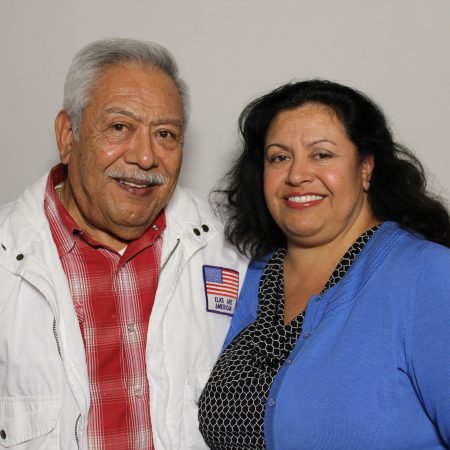
While Patrick Taylor spends a huge chunk of his time in the clouds, his work has nothing to do with daydreaming. The Research scientist at NASA’s Langley Research Center is working on understanding more about the role of clouds in...
Meet Xubin Zeng, a professor of atmospheric science at the University of Arizona. Dr. Zeng was amazed by the power of mathematics at a young age and found his calling in physics. Listen to Dr. Zeng discuss what inspires him,...
Delia Santiago-Materese is a program scientist at the NASA’s Planetary Space Division in Washington, D.C., where she helps facilitate science and works with the community to make decisions about where NASA’s scientists should be exploring next. She spends her days...
In the second part of the interview we discuss his career as an engineer working on the CORONA spy satellites, black projects, and Voyager 1-2 for NASA.
Renee Weber is the Chief Scientist at NASA’s Marshall Space Flight Center, which basically means she represents all science at the center- pretty cool if you ask us! We talked to Renee about the importance of seismology, building personal relationships...
Some of the materials Francis McCubbin works with as the astromaterials curator at NASA’s Johnson Space Center include meteorites that were collected in Antarctica, solar wind samples, pieces of asteroids and comets, and the Apollo rocks brought back from the...
John Mather has an exciting year ahead of him- he's the senior scientist for the James Webb Space Telescope, the planned successor of the Hubble Space Telescope, which is scheduled to be launched this October. We talk to John about...
Lori Glaze, Acting Director of the Planetary Science Division at NASA Headquarters, works with everything from understanding asteroid trajectories and material make up to the InSight mission which recently landed a rover on Mars. It’s no exaggeration to say Lori...
Lawrence Kuznetz shares his Moon Landing story for the Moon Landing in Context Project at Framingham State University. Lawrence discusses his personal experiences working for NASA, the Apollo programs, and the night of the Apollo 11 Moon Landing. He also...
Michael Hesse is the Director of Science at NASA’s Ames Research Center, focusing on space biological science. We talked to him about being a good leader, doing science all over the world, and the joys of racing cars.
Trena Ferrell’s story with NASA all started with an email requesting an in class visit for her students. Now as a Public Outreach Lead for NASA, she sits down with us to talk about the importance of STEAM (emphasis on...
Dr. Amy Winebarger is an astrophysicist in the Heliophysics and Planetary Science Office at NASA. Listen to Amy talk about what makes sounding rockets awesome to work with, the rewards of being a mentor, and how a New York Times...
The start of a fruitful career for Richard Eckman was being on a team which discovered that the stratosphere and ozone varied in relation to the sun’s 27-day rotation. Eckman, who now works with NASA’s Atmospheric Composition Modeling and Analysis...
Next Generation Sequencing Scientist Dr. Lovorka Degoricija works on NASA's GeneLab Project where she studies biology that changes in the environment of space. She extracts DNA from spaceflight samples that have been returned to Earth and processes them so sequencing...
Michael Freilich, Director of NASA's Earth Science Division, shares about his life studying the oceans and Earth as a system. While still in his high school's oceanography club, he started exploring a question about how waves move that later became...
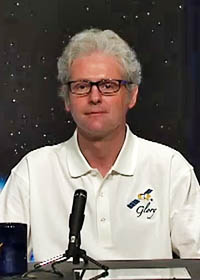
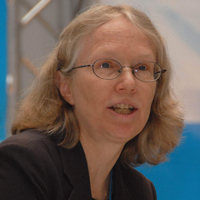


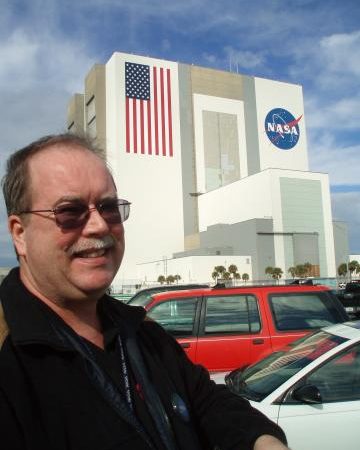

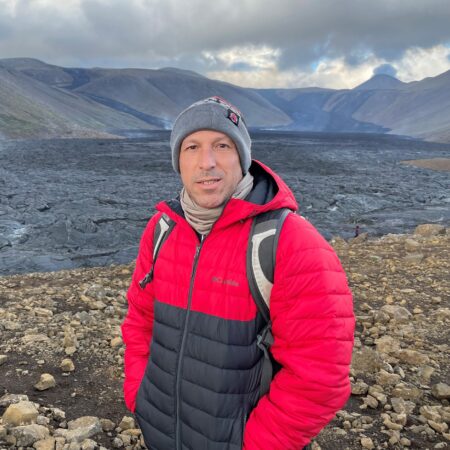

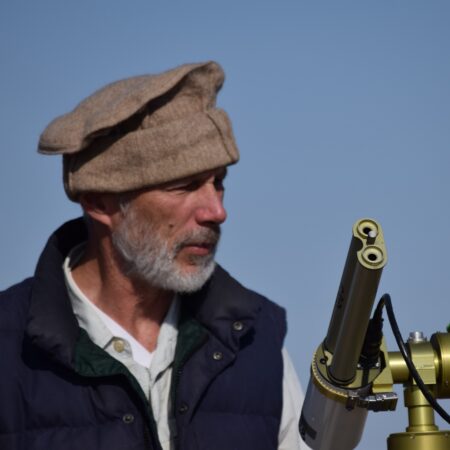
!["Something I learn today is something that [could help] society tomorrow." an interview with Patrick Taylor](https://archive.storycorps.org/uploads/2019/02/181211_PatrickTaylor-450x450.jpg)
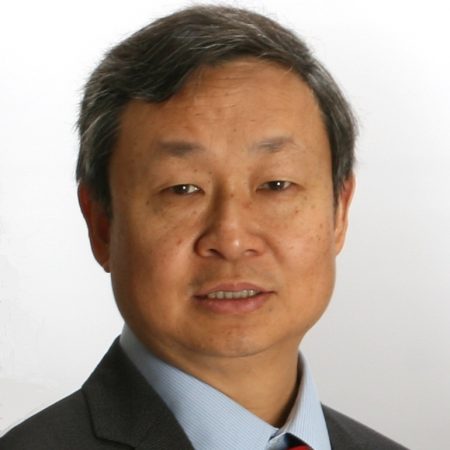
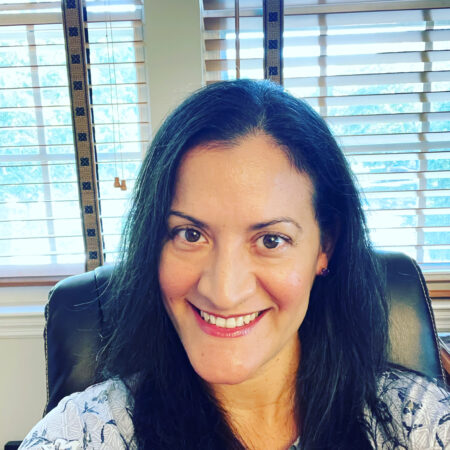
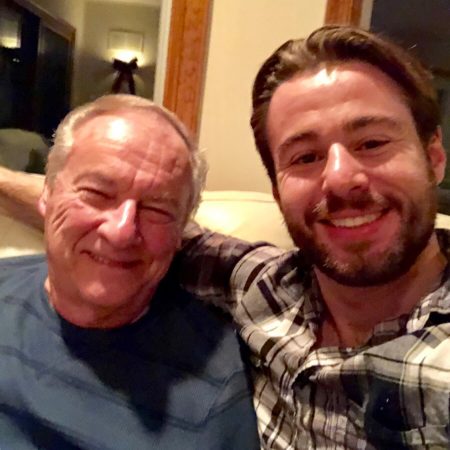
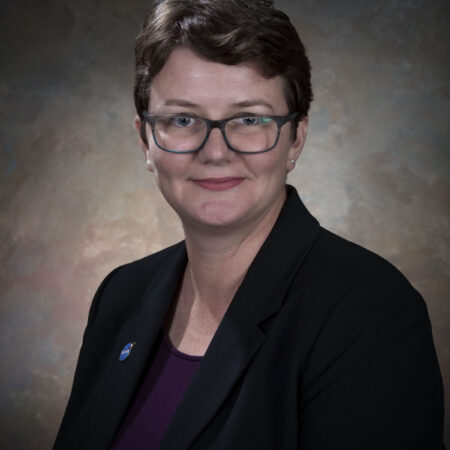
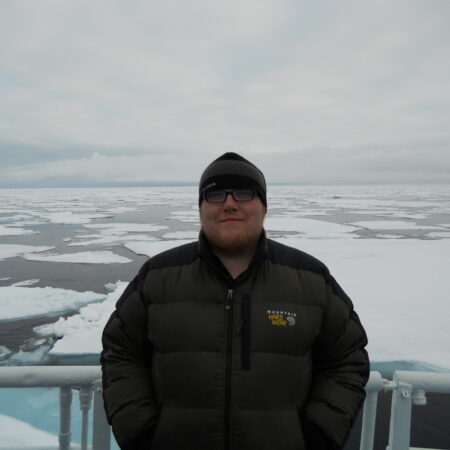
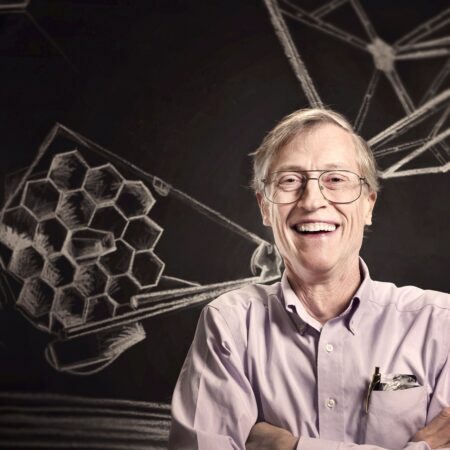

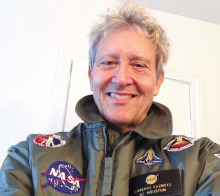
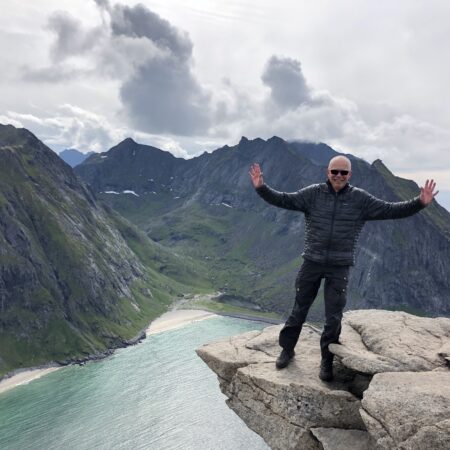
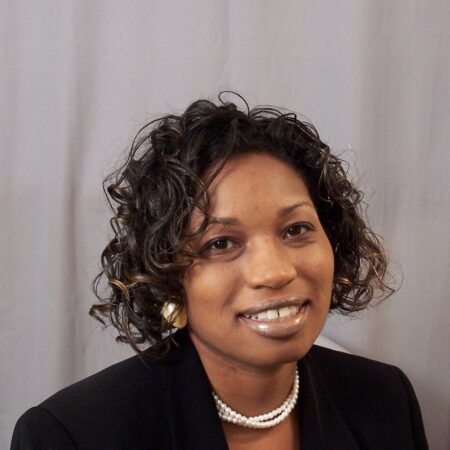
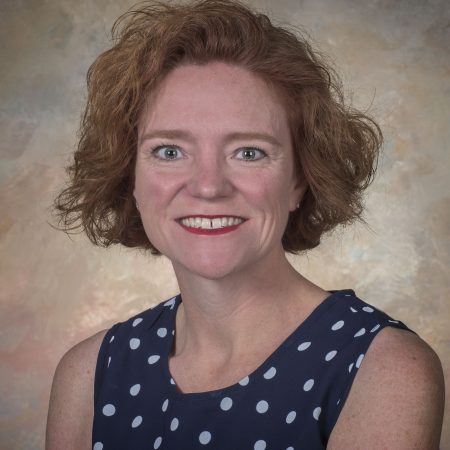

!["I joined an Oceanography club & actually asked the question that ended up [being] my thesis." an interview with Michael Freilich](https://archive.storycorps.org/uploads/2019/02/181212_Freilich-450x450.jpg)